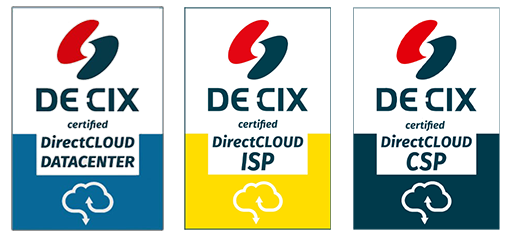Orchestration
Orchestration is the process of automated management, coordination, and arrangement of multiple interrelated tasks, services, or components within an IT infrastructure. It enables the integration of various processes into a unified system, minimizes manual intervention, and ensures predictable results when operating complex distributed solutions.
Role in Modern Systems
Modern IT infrastructures increasingly consist of numerous microservices, containers, virtual machines, and cloud services. Manually managing these components is highly labor-intensive and prone to errors. Orchestration addresses this challenge by providing centralized control over deployment, scaling, monitoring, and recovery of components.
How It Works
Orchestration uses a set of rules, scripts, and tools to automate the service lifecycle. The administrator defines the desired system state, and the orchestration platform automatically determines which actions to take — where to deploy a service, how many resources to allocate, and how to respond to failures and changing loads.
Examples of Use
Orchestration is widely used in container management with systems such as Kubernetes, Docker Swarm, or OpenShift, where automatic distribution of containers across servers, scaling under increased traffic, and recovery from failures are required. It is applied in DevOps processes to automate application build and delivery, in cloud platforms to coordinate distributed services, and in telecommunications to manage network functions (NFV Orchestration).
Advantages
- Automation of routine operations and reduction of human errors.
- Application and service scalability without downtime.
- Improved fault tolerance through rapid failure response.
- Centralized management of complex systems.
Orchestration has become a key tool for modern IT teams working with dynamic and distributed systems. It accelerates development, improves service stability, and enables companies to use resources more efficiently while adapting to changing conditions.
Frequently Asked Questions
Automation refers to executing individual tasks without human intervention, while orchestration manages the entire sequence of processes, integrating automated operations into a unified workflow.
No, Kubernetes is just one of the popular tools. Other platforms, such as Docker Swarm, Apache Mesos, or HashiCorp Nomad, are also used, each with its features.
Yes, orchestration tools can operate in both cloud and on-premises environments, including private data centers.
It automates key stages of CI/CD — deployment, testing, updates, and application scaling, which speeds up the release of new features and improves release stability.






